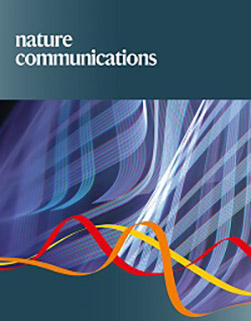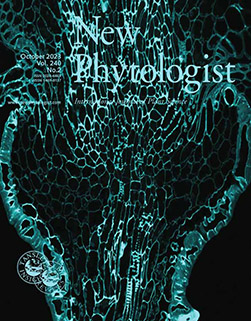Researchers in the Photosynthesis & Food Security (PFS) theme address issues of hunger and yield on a global scale through their research into greater understanding and improvement of photosynthesis, a process that serves as the primary source of the planet's food and oxygen. The theme also studies agro-ecosystems, which consist of the plants that are used for food, fiber, fuel, clean air, and fresh water, that are especially vulnerable to fluctuations in their environment, and how global atmospheric change can influence the health, yield, and properties of staple food crops.
Recent Publications from PFS
View full list of publications from PFS
From Leaders of the Theme
Today, one in eleven people on the planet face hunger and suffer serious malnutrition as a result (WHO). This number is projected to worsen considerably as crop production fails to keep pace with increasing demand in food insecure regions and is increasingly impacted by global change. The efficiency of photosynthesis, the source directly or indirectly of food, falls short of its theoretical value, suggesting an important opportunity for improvement. The University of Illinois is a recognized world leader in photosynthesis research and PFS is now applying this expertise to improve and future-proof crop photosynthesis, water use, yield and other ecosystem benefits. Computational models and gene networks are used to predict bioengineering and breeding targets for improvement, which are then applied and tested in controlled environments and on the University farms. This has already resulted in crop genotypes with improved photosynthesis and on-farm yields, including under simulated conditions of global change.
Critical to the future-proofing of crops, the University farm has the only facility in the world that can study the interacting effects of rising levels of carbon dioxide with the stresses of ozone, rising temperature, drought and nutrient availability under open-air field conditions. PFS researchers utilize this unique facility to examine the effects of global atmospheric change on crops from transcriptomes and metabolomes to the agro-ecosystem. With a focus on both U.S. and tropical staple crops, the mission of PFS is to improve and future-proof crop photosynthesis for global food security.







